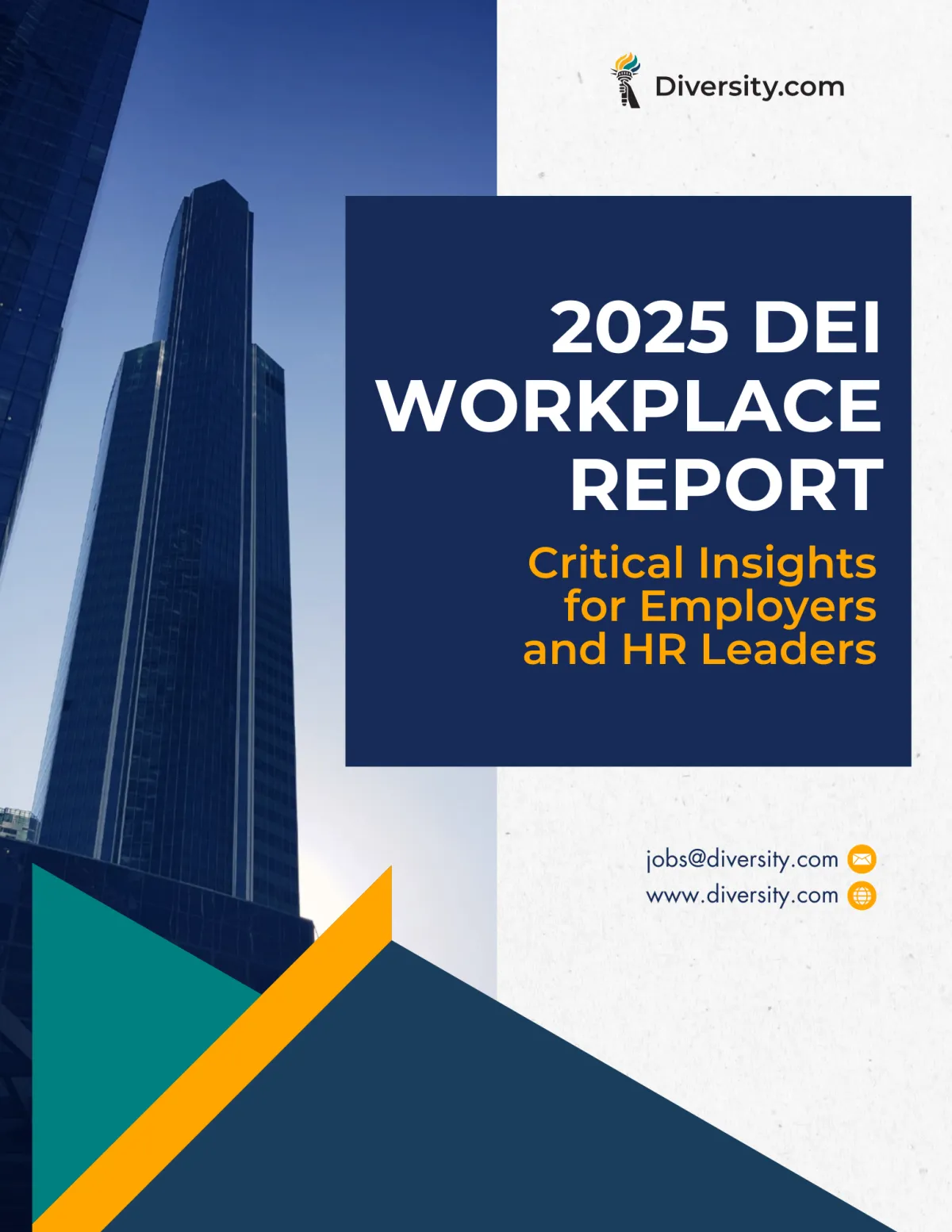
What If Privilege Isn’t a Bad Thing? Here’s How It Can Make a Difference
Redefining Privilege
The word "privilege" often sparks discomfort, defensiveness, or misunderstanding.
But privilege isn’t an accusation or an insult—it’s simply a recognition of unearned advantages that some individuals have based on factors like race, gender, socioeconomic status, or education.
Instead of seeing privilege as something to deny or feel guilty about, what if we reframed it as an opportunity to drive positive change?
Consider this: Imagine a meeting where one person’s ideas are always heard and respected, while another struggles to get a word in.
The first person may not realize they’re benefiting from an unspoken privilege—perhaps due to their position, background, or even unconscious biases in the room.
Recognizing this isn’t about assigning blame; it’s about understanding how we can all create spaces where everyone’s voice matters.
Understanding Privilege: What It Is (and Isn’t)
1. Privilege Doesn’t Mean You Haven’t Faced Challenges
Having privilege doesn’t mean your life has been easy. It means that your identity hasn’t created additional barriers in certain situations.
For example, a person may struggle financially but still benefit from racial or gender privilege in the workplace.
A Pew Research Center (2023) report highlights how socioeconomic privilege often intersects with racial and gender dynamics, influencing access to opportunities.
2. Privilege Is Contextual
Privilege isn’t a one-size-fits-all concept.
You can have privilege in one area of your life and face disadvantages in another.
Recognizing this helps create more nuanced conversations about equity and inclusion.
For instance, someone may experience privilege due to their education but face challenges related to disability or sexual orientation.
3. Acknowledging Privilege Doesn’t Diminish Your Achievements
Your hard work and accomplishments are still valid.
Privilege doesn’t erase effort; it simply acknowledges that some people face additional hurdles you might not have encountered.
The National Equity Project (2022) emphasizes that recognizing privilege can coexist with personal achievement, and understanding this balance fosters greater empathy and collaboration in diverse environments.
The Power of Privilege: How to Use It for Good
Amplify Marginalized Voices: Use your platform to elevate voices that are often overlooked in professional and social settings.
This could mean advocating for underrepresented colleagues in meetings or sharing their work with broader audiences.
Advocate for Fair Practices: Whether it’s in hiring, policy-making, or community spaces, you can use your influence to push for more equitable systems.
For example, organizations like Ben & Jerry’s actively use their brand influence to support social justice movements (Ben & Jerry’s, 2022).
Be an Ally in Action: Move beyond performative allyship by actively supporting DEI initiatives, mentoring underrepresented colleagues, and challenging biases when you see them.
Catalyst (2023) suggests that effective allyship involves continuous learning, self-reflection, and courageous conversations about privilege and bias.
Real-World Examples of Privilege in Action
Ben & Jerry’s: The company leverages its platform to advocate for racial justice, environmental sustainability, and equity, demonstrating how corporate privilege can drive societal change (Ben & Jerry’s, 2022).
Costco: Despite political pressures, Costco has remained committed to its DEI initiatives, emphasizing the importance of diverse leadership and inclusive hiring practices (Costco DEI Report, 2024).
Apple: Apple continues to champion diversity and inclusion through its internal programs, public advocacy, and strong support for marginalized communities, standing firm against recent DEI rollbacks (Apple Diversity Report, 2024).
Why This Conversation Matters
Talking about privilege isn’t about assigning blame. It’s about understanding how systems work so we can create spaces where everyone has a fair shot.
According to The Brookings Institution (2023), organizations that embrace conversations around privilege and equity foster more innovative, resilient, and productive environments.
When we shift from defensiveness to curiosity, privilege becomes a tool for empathy, growth, and meaningful change.
The Bottom Line: Privilege as a Catalyst for Change
Privilege isn’t something to be ashamed of—it’s a resource.
When recognized and used intentionally, it can help dismantle barriers and create opportunities for others.
The key is to move beyond awareness and take action that contributes to more equitable systems.
For Job Seekers: Want to work in environments where fairness and allyship matter?
Explore opportunities on Diversity.com.
For Employers: Ready to foster a culture where privilege is used to create equity?
Partner with Diversity.com to build inclusive workplaces.
Related Articles
Think DEI Is Special Treatment? Here’s Why It’s Really About Fairness
The DEI Incompetence Myth: Why Questioning DEI Also Undermines HR, CEOs, and Business Leaders
The Truth About DEI: Why Diversity, Equity, and Inclusion Benefit Everyone
Debunking the Myth: DEI Doesn’t Mean Lowering Hiring Standards
The Human Side of DEI: It’s Not Just About Policies, It’s About People
Sources & References
Ben & Jerry’s. (2022). Social Justice Advocacy Report. Retrieved from https://www.benjerry.com
Catalyst. (2023). The Power of Allyship in the Workplace. Retrieved from https://www.catalyst.org
Costco. (2024). Diversity, Equity, and Inclusion Report. Retrieved from https://www.costco.com
Apple. (2024). Diversity Annual Report. Retrieved from https://www.apple.com
Pew Research Center. (2023). The Intersection of Privilege and Opportunity. Retrieved from https://www.pewresearch.org
The Brookings Institution. (2023). Equity and Innovation in the Workplace. Retrieved from https://www.brookings.edu
The National Equity Project. (2022). Understanding Privilege and Equity. Retrieved from https://www.nationalequityproject.org

